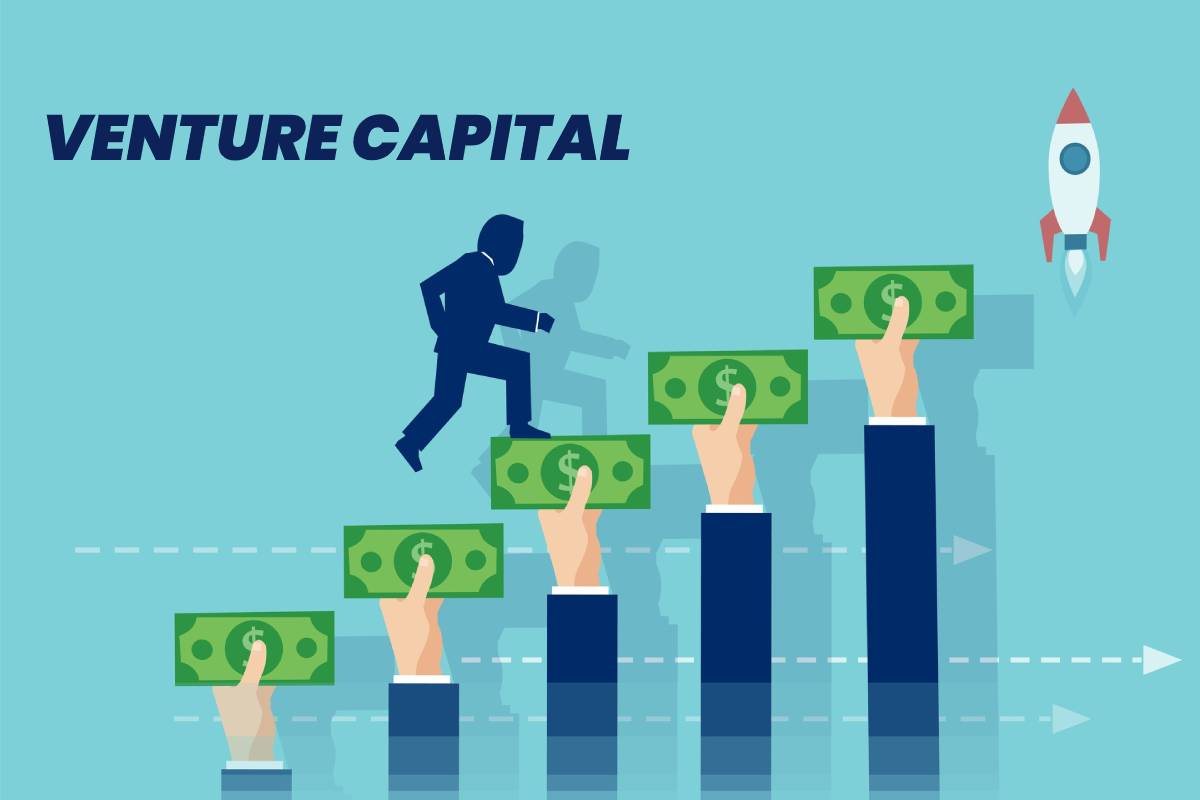
It provides a framework for VC investors to consider and manage the ESG risks and opportunities most applicable to them. This report was commissioned by CDC Group plc and FMO, and prepared by Environmental Resources Management (ERM). Conversely, there are opportunities for VC-backed companies to support women’s economic empowerment, provide decent work and tackle climate change. Venture capital provides finance and operational expertise for entrepreneurs and start-up companies, typically, although not exclusively, in technology-based sectors such as ICT, life sciences or fintech. Similarly, international ESG standards are not yet well-defined for many of the issues commonly faced by technology-based VC companies, including concerns about the gig economy, the risk of artificial intelligence perpetuating discrimination and the responsible use of data. Venture capital (VC) is a form of investment for early-stage, innovative businesses with strong growth potential.

Since they often invest in companies with emerging products. For example, the well-established ESG management systems for private equity often do not cater for the challenges of early-stage VC investing. Our emerging companies practice spans the entire life cycle of a company, from organization and incorporation, through venture, mezzanine and late-stage funding. Venture capital firms share strategic information that is valuable to others outside their network. There is currently little guidance for responsible investors in the VC industry.
#Venture capital companies how to
Therefore, this report is intended to provide practical advice about how to invest responsibly in early-stage businesses in emerging markets managing environmental, social and governance (ESG) risks and identifying opportunities, while supporting the growth of innovative companies. Equally, as development finance institutions, we have a deep commitment to responsible investment. Given these opportunities, CDC and FMO have been actively supporting the growth of the VC industry in our markets.Īs pragmatic investors in challenging markets, we tailor our approach to the nuances of each asset class. VCs use the capital they raise to invest in businesses with high growth potential or businesses that have already demonstrated. The technology-based firms generally targeted by VC investors can also leapfrog market constraints to enable large-scale access to essential products and services, including for under-served groups.

Successful VC-backed companies often provide significant jobs, skills and a route into formal employment in countries with growing populations and high youth unemployment. Venture capital (VC) is a new asset class in many emerging markets and has the potential to achieve development at scale.


 0 kommentar(er)
0 kommentar(er)
